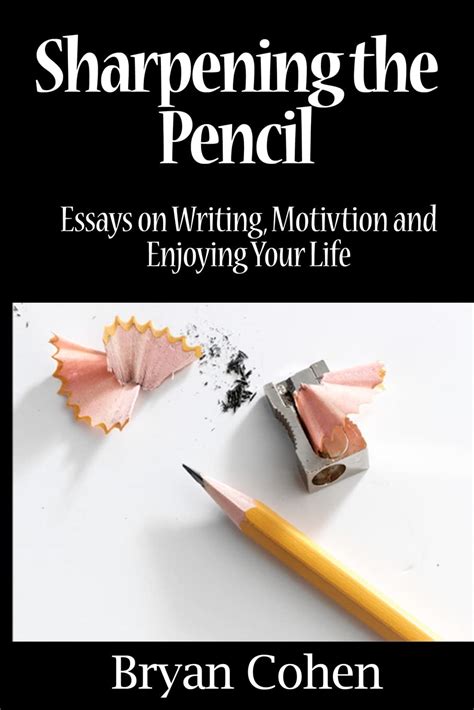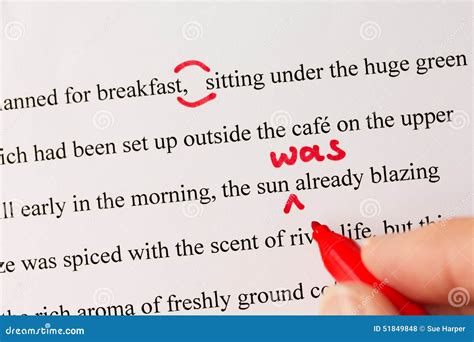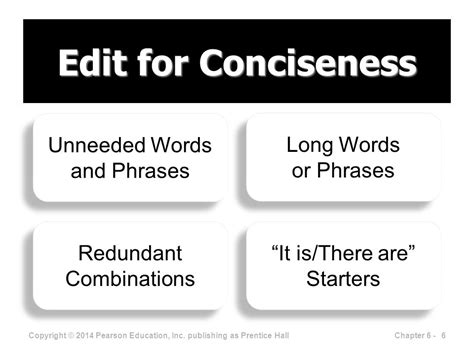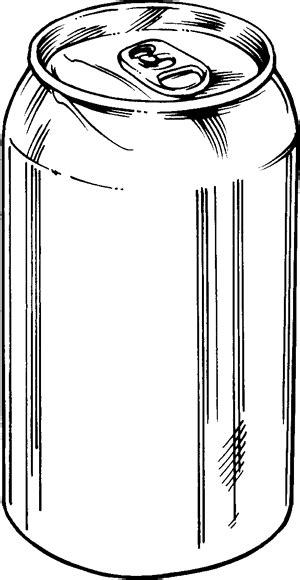Why Conciseness Matters
In the vast landscape of communication, clarity is king, and conciseness is its loyal subject. Every word you choose either propels your reader forward or bogs them down. Unnecessary words don’t just add length; they dilute meaning, obscure your message, and diminish impact. Learning to trim the fat from your writing transforms murky sentences into crystal-clear statements, making your prose sharper, more engaging, and ultimately, more powerful.

Identify and Eliminate Common Culprits
Banishing the Passive Voice
The passive voice often adds extra words and can make your writing feel distant and less direct. While it has its place, overusing it leads to flabby sentences. Active voice, on the other hand, is usually more direct and impactful, cutting words while strengthening your message.
- Passive: The report was written by Jane. (5 words)
- Active: Jane wrote the report. (4 words)
- Passive: Mistakes were made. (2 words, but vague)
- Active: We made mistakes. (3 words, but clearer attribution)
Cutting Filler Words and Phrases
Many words and phrases serve little purpose other than to take up space. Identifying and removing them can instantly tighten your prose, allowing your core message to shine through.
- “In order to”: Often can just be “to.”
- “The fact that”: Can usually be removed or rephrased. (e.g., “Despite the fact that he was tired” becomes “Despite his tiredness” or “Although he was tired.”)
- “It is important to note that”: Delete or integrate the point directly.
- “Due to the fact that”: Replace with “because” or “since.”
- “At this point in time”: Use “now.”
- “A number of”: Use “many” or “several.”
Redundant Adjectives and Adverbs
Sometimes, an adjective or adverb merely repeats what the noun or verb already implies. Look for opportunities to let strong nouns and verbs do the work themselves, eliminating the need for reinforcing words.
- “Completely unique”: Unique means one of a kind; “completely” is redundant.
- “Absolutely essential”: Essential means necessary; “absolutely” adds no new information.
- “End result”: A result is by definition an end.
- “Personal opinion”: An opinion is inherently personal.

Strengthen Your Verbs and Nouns
Avoid Nounifications and Weak Verbs
Writers often turn verbs into nouns (nounification) and then attach a weak verb (like “make,” “have,” or “do”), creating wordy constructions. Reversing this process can significantly streamline your sentences.
- Wordy: We will make a decision.
- Concise: We will decide.
- Wordy: She had an understanding of the problem.
- Concise: She understood the problem.
Streamline Prepositional Phrases
While prepositions are essential, strings of prepositional phrases can weigh down a sentence, making it harder to read. See if you can replace them with an adjective, adverb, or possessive, often reducing several words to just one.
- Wordy: The report of the committee on the budget.
- Concise: The committee’s budget report.
- Wordy: A person of intelligence.
- Concise: An intelligent person.

Review and Refine Your Work
Read Your Prose Aloud
Reading your writing out loud forces you to slow down and hear how the words flow (or don’t flow). Clunky phrases, awkward rhythms, and unnecessary words often become glaringly obvious when spoken. If you stumble over a sentence or find yourself running out of breath, it’s a good sign it needs rephrasing or tightening.
Apply the “So What?” Test
For every sentence, paragraph, and even individual word, ask yourself: “So what? Does this contribute to my main point? Does it add new, essential information?” If the answer is no, consider cutting or condensing it. Every word should earn its place on the page and serve a clear purpose.

The Power of Precision
Cultivating conciseness is an ongoing practice, not a one-time fix. It requires a critical eye, a willingness to ruthlessly edit your own words, and an understanding that less can often be more. By actively seeking out and eliminating unnecessary words, you empower your writing to be more direct, more persuasive, and ultimately, more impactful. Your readers will thank you for the clarity, and your message will resonate with greater force, leaving a lasting impression.





